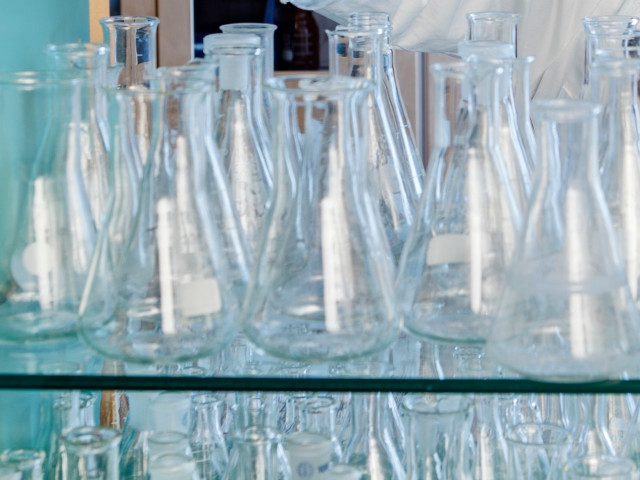- Ecological carrying capacity
- Sustainable development
- Important environmental threats and its effect on humans and ecosystems
- Tools, strategies and means of control for a better environment
- Chemical hazards, origin and elimination; overview of foreign substances and their influence on the human body; chemical law
KH1241 The Role of Chemical Engineers in Sustainable Development 6.0 credits
This course has been discontinued.
Decision to discontinue this course:
No information inserted
Information per course offering
Course offerings are missing for current or upcoming semesters.
Course syllabus as PDF
Please note: all information from the Course syllabus is available on this page in an accessible format.
Course syllabus KH1241 (Autumn 2011–)Content and learning outcomes
Course contents
Intended learning outcomes
The overall objective in this course is to give basic knowledge in chemical hazards, and fundamental knowledge and understanding in different strategies and measures of sustainable development, both national and international, and with a systems analysis method find the reasons behind different environmental problems.
After concluding this course the student should be able to:
- describe and explain basic environmental and chemical hazards
- describe important global and national environmental threats
- describe the three dimensions related to the concept of ”sustainable development”; give a historical overview, and describe the global and international strategies and goals
- describe means of control and tools used in industry and society to decrease the environmental impact from an activity or a product
- in a given subject search for scientific literature from the Internet and in libraries, and with a systems analysis method, in a written report, analyse environmental problems and suggest solutions
- show references and bibliography in a written report
- give an oral presentation of a written report
- oppose to a written report
Literature and preparations
Specific prerequisites
Completed upper secondary education including documented proficiency in Swedish corresponding to Swedish B, and English corresponding to English A. For students who received/will receive their final school grades after 31 December 2009, there is an additional entry for mathematics as follows:
documented proficiency in mathematics corresponding to Mathematics A.
And the specific requirements of mathematics, physics and chemistry corresponding to Mathematics D, Physics B and Chemistry A.
Literature
Brandt & Gröndahl: Kompendium i miljöskydd, del 4, "Miljöeffekter", Industrial Ecology, KTH, 2000
Texts from "Miljöbalken" (the Environmental Code)
"ISO 14001 fyller 10 år" (10th Anniversary of ISO 14001)
Ekonomiska styrmedel för miljöns skull (Economic incentives for the environment)
Lecture notes
Examination and completion
Grading scale
Examination
- SEM1 - Seminar, 2.0 credits, grading scale: P, F
- TEN1 - Examination, 4.0 credits, grading scale: A, B, C, D, E, FX, F
Based on recommendation from KTH’s coordinator for disabilities, the examiner will decide how to adapt an examination for students with documented disability.
The examiner may apply another examination format when re-examining individual students.
If the course is discontinued, students may request to be examined during the following two academic years.
Other requirements for final grade
Passed examination (TEN1; 4 credits)
Excersised passed and presented at seminar (SEM1; 2 credits)
Examiner
Ethical approach
- All members of a group are responsible for the group's work.
- In any assessment, every student shall honestly disclose any help received and sources used.
- In an oral assessment, every student shall be able to present and answer questions about the entire assignment and solution.
Further information
Course room in Canvas
Offered by
Main field of study
Education cycle
Supplementary information
Will be replaced by the course KH1242 form autumn term 2012.